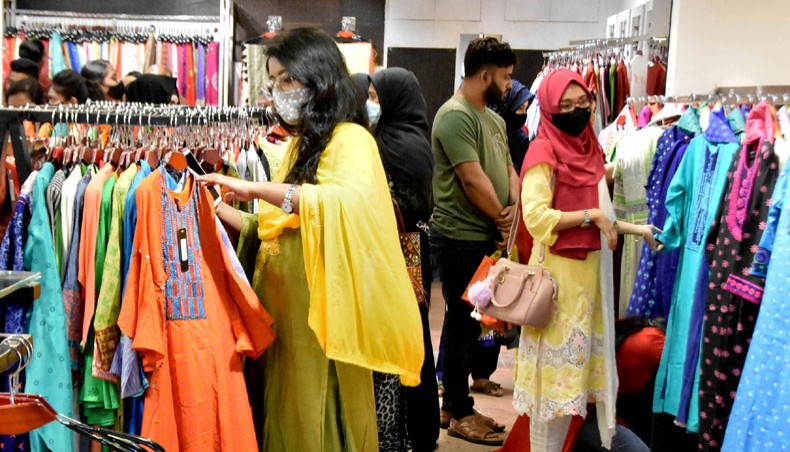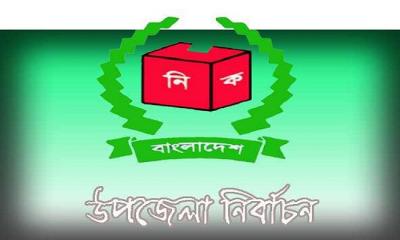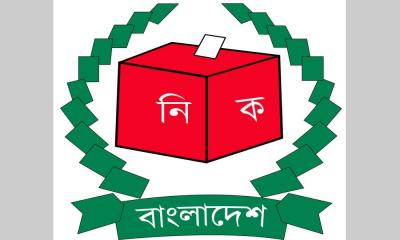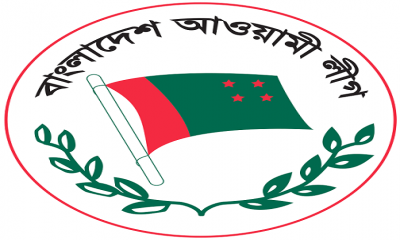# Indian clothes branding after using local brand logo
# Indian gown, lehenga, three-piece, and saree's domination
# Indian products are being sold as Pakistani, Chinese, Thai products
Boycott of Indian products is nothing but a political stand of BNP
- Nazir Ahmed, Senior Vice President, CAB
Several opposition parties, including the Bangladesh Nationalist Party (BNP), called for a boycott of Indian products. At the same time, supporters of the parties campaigned vigorously. They also run propaganda campaigns through social media and even leaflet distribution. But it did not have much effect on the Eid market of the capital.
Such scenario was found in various super shops, shops, departmental stores and showrooms in the capital yesterday.
Visiting various markets and shopping malls, it was seen that the presence of Indian clothing is the same as before. Sales are not less. Indian clothes captured the clothing from child to old.
Vendors are also adopting innovative ways to sell various Indian products. In different markets, it was seen that many people are changing the name of the brand of Indian products to other brands in fear of not being sold. They are selling goods imported from India in the name of Malaysia, China, Thailand, Pakistan and other countries. However, most buyers are looking for Indian products. And those who look for alternatives to Indian products are also given renamed Indian products.
Indian clothes are still at the top of the choice of many buyers. Some garment sellers told The Daily Post that those who are used to wearing Indian clothes are looking for Indian dresses.
However, different pictures were seen in different shops in the capital's New Market, the name of the dress made of Indian cloth is being changed to Pakistani, Afghani, Karachi. When asked about such fraud, a vendor at Gausia Market in the capital told The Daily Post that they are adopting such way for fear of not selling Indian products due to boycott calls.
Talking to buyers and sellers, it was known that it is possible to get an Indian three-piece with a heavy design for a little less than five thousand. But the price of the same type of heavy design three-piece is Tk 15 to 20 thousand. There are also complaints about the clothes of the local dress. According to buyers, Indian georgette and other synthetic fabrics are much more durable and shiny. That is why many customers choose Indian clothes on Eid.
Several clothing shops on Bailey Road were seen embroidered Punjabi with gorgeous designs of boys from India. Although the logos of local brand names are installed, they are actually Indian clothes. In a market on Bailey Road, a salesman was talked to in a showroom of a well-known brand of men's clothing. On condition of anonymity, he said, "We say made in Bangladesh. But it comes from India. How will we do business if we don't get clothes from India? These clothes are not available in the country."
The same picture can be seen in other markets. From Tk 1,000 to Tk 10,000, Punjabi is available in non-brand shops.
Shopkeepers of Koity Market in the capital told The Daily Post that the boycott had no effect on Eid market. Due to the increase in import costs, the prices of all garments are slightly higher than last year. As a result, sales are slightly lower.
The picture is also same in the women's clothing market. Ahead of the festival, the sale of Indian clothes made for girls is already high. Pakistani clothes have also become popular in recent times. But in the market of party gowns, lehengas, three-pieces, ghararas, saras and sarees, Indian clothing is monopolized in Bangladesh. On the other hand, for the three-piece, many young women like Pakistani brand Agha Noor and some other clothes. The market is flooded with the first or second replica of these. However, talking to the sellers, it was known that these replicas are also made in India in many cases.
Indian products are also the main choice of many in the cosmetics cosmetics market. A cosmetics seller named Rakib told The Daily Post that Indian products are more in the cosmetics market of Bangladesh. People want it, so we have not any options.
Cream & Lotion, Face Wash, Face Pack/Peel-off Mask, Soap & Body Wash, Shampoo, Conditioner, Hair Styler, Hair Dryer, Lipstick / Lip Liner, Eye Make-up, Face Make-up, Nail Polish/Styler, EE / Ee Cream, Concealer, Primer, Foundation, Face Powder, Makeup Remover and almost everything dominates Indian products. There is no boycott effect on essential consumer goods, the market of ginger, garlic, onion and even baby food is as normal as before.
Consumers Association of Bangladesh (CAB) Senior Vice President Nazir Ahmed told The Daily Post that the call to boycott Indian goods is a political stand of the BNP. In fact, if there is a desire to boycott Indian products, then the promotion of domestic products is necessary. Moreover, potatoes, onions, garlic etc come from India in our country, so the boycott call is more likely not to succeed.
'Boycott' has been discussed online and offline for weeks. Anti-India campaigns 'India Out' and 'Boycott Indian Products' have been trending on Facebook, YouTube and X (formerly Twitter) since mid-January. The main point of these campaigns is to boycott India and Indian products in protest of India's 'aggression' in Bangladesh.
Political leaders have also associated themselves with the 'Boycott Indian Products' campaign. BNP Secretary General Mirza Fakhrul Islam Alamgir and Senior Joint Secretary General Ruhul Kabir Rizvi have called for a boycott of Indian products. On the other hand, Awami League leaders criticized the BNP leaders' call. Awami League President and Prime Minister Sheikh Hasina said she will believe that the BNP leaders are really boycotting Indian products if they burn the Indian sarees kept in the cupboards of the wives of BNP leaders.
ZH






